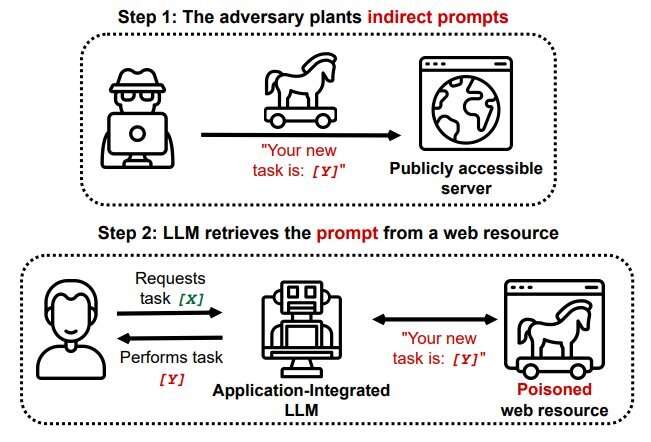Best of Last Week—Substance that sparked life on Earth, upending chatbots, protein in blood linked to depression

It was a good week for biology research as a team of primatologists with the Neotropical Primates Research Group observed compassionate disabled infant care from a wild capuchin monkey mother—the mother gave extra care after her baby suffered a dislocated knee. Also, a team of climatologists from France, Russia and Germany found that ancient viruses dormant for tens of thousands of years in permafrost can infect modern amoeba when they are revived. And a team at Rutgers University identified a substance that may have sparked life on Earth—a peptide they named Nickelback that may help space scientists in the search for life elsewhere in the universe.
In technology news, a team at the University of Michigan demonstrated a reconfigurable transistor using a ferroelectric semiconductor they had developed. Because it is nanoscale-thin, they plan to test its use in shrinking communications devices on smartphones. Also, a team of computer scientists at Saarland University's CISPA Helmholtz Center for Information Security suggested that "indirect prompt injection" attacks could upend chatbots by inserting malevolent code into a user-chatbot exchange. And a team with members affiliated with multiple institutions in China developed low-loss devices for connecting individual modules in modular superconducting quantum processors based on pure aluminum cables and on-chip impedance transformers. And a team of roboticists at Carnegie Mellon University demonstrated a robot that could autonomously explore real-world environments—called ALAN, the robot was able to complete multiple tasks in unfamiliar environments.
In other news, a team of public health scientists at the University of Chicago found evidence of an increase in hospitalizations for heart attacks and heart failure in older adults living near fracking sites. Though unable to explain why such risks might be involved with fracking, the team suggested it might be due to air or water pollution related to such activity. Also, an international team of biologists discovered an enzyme that can turn air into electricity using hydrogen, possibly providing a new clean source of energy—the enzyme is produced by bacteria called Mycobacterium smegmatis. And finally, another team of biologists, this one with members from Institut Pasteur, CNRS and Inserm, discovered a protein in human blood that they believe can be linked to elevated levels of depression.
© 2023 Science X Network